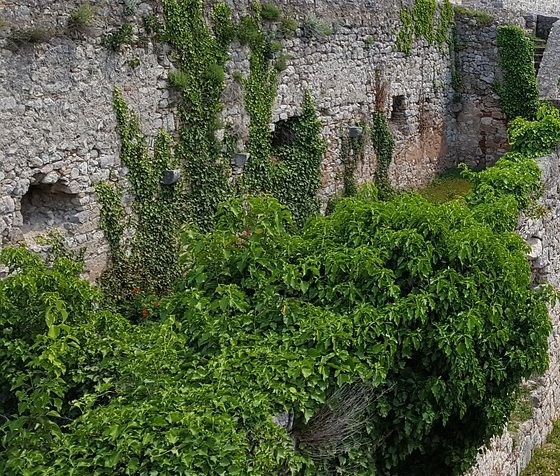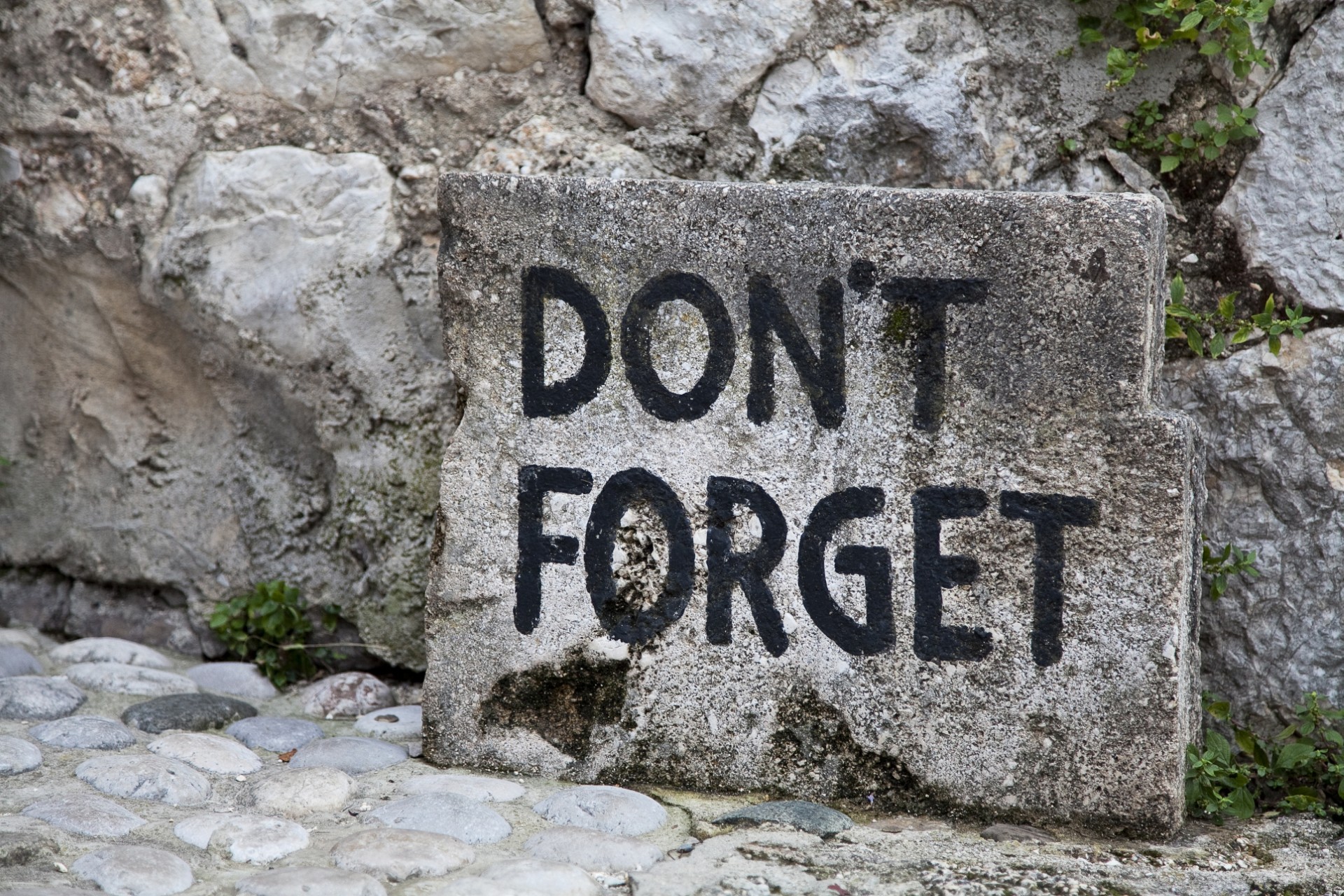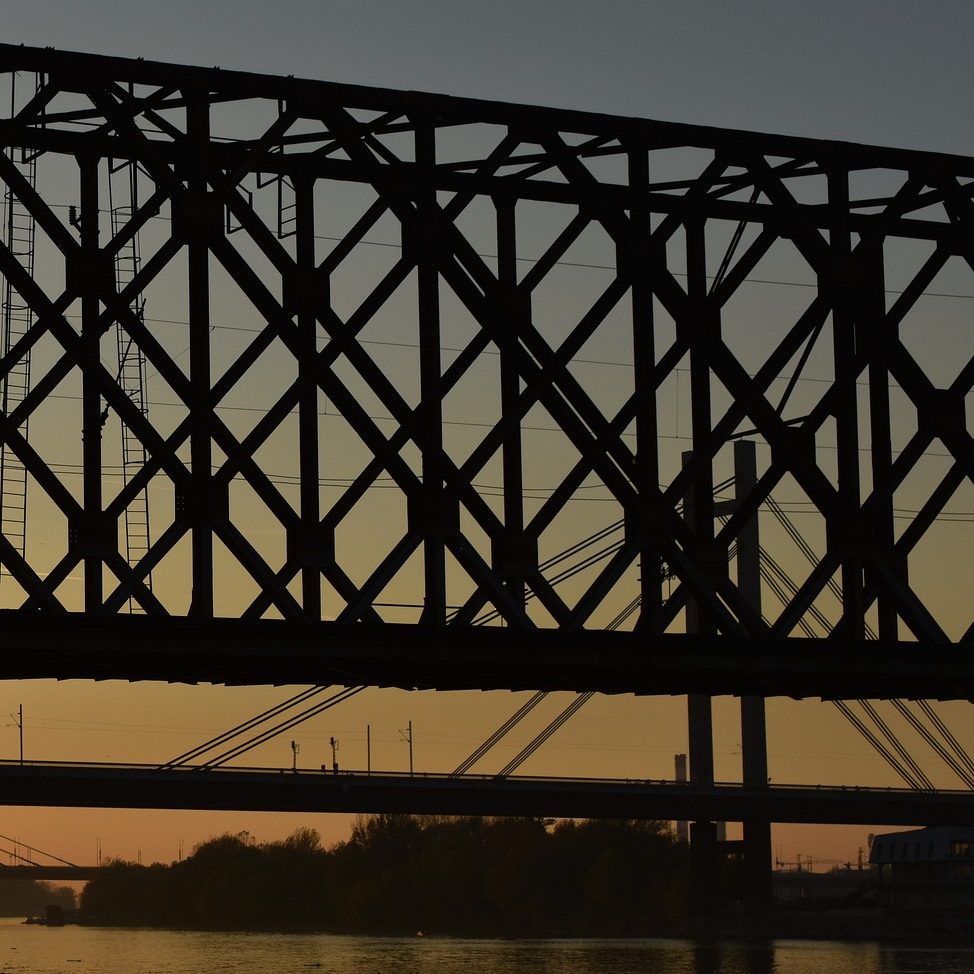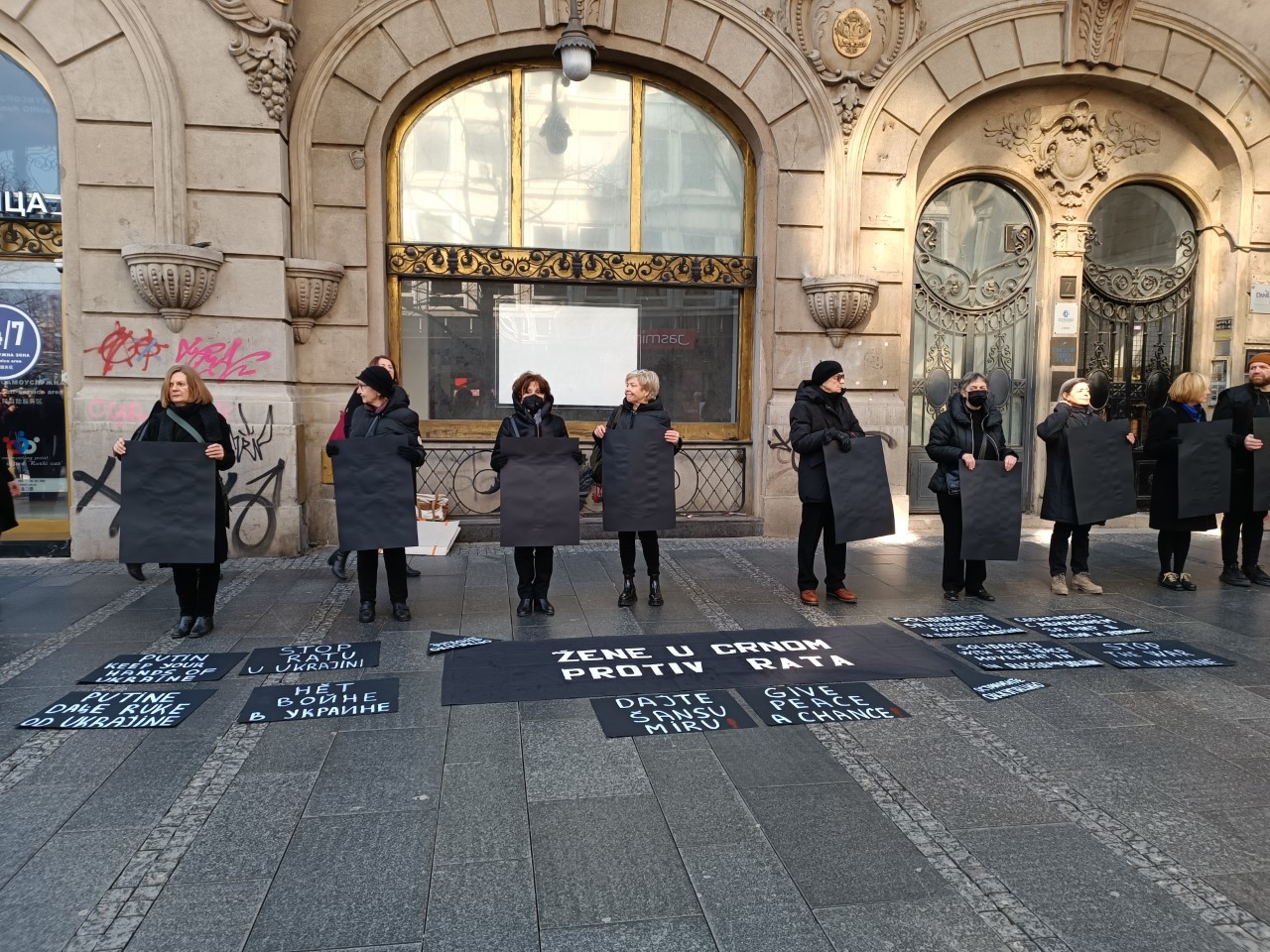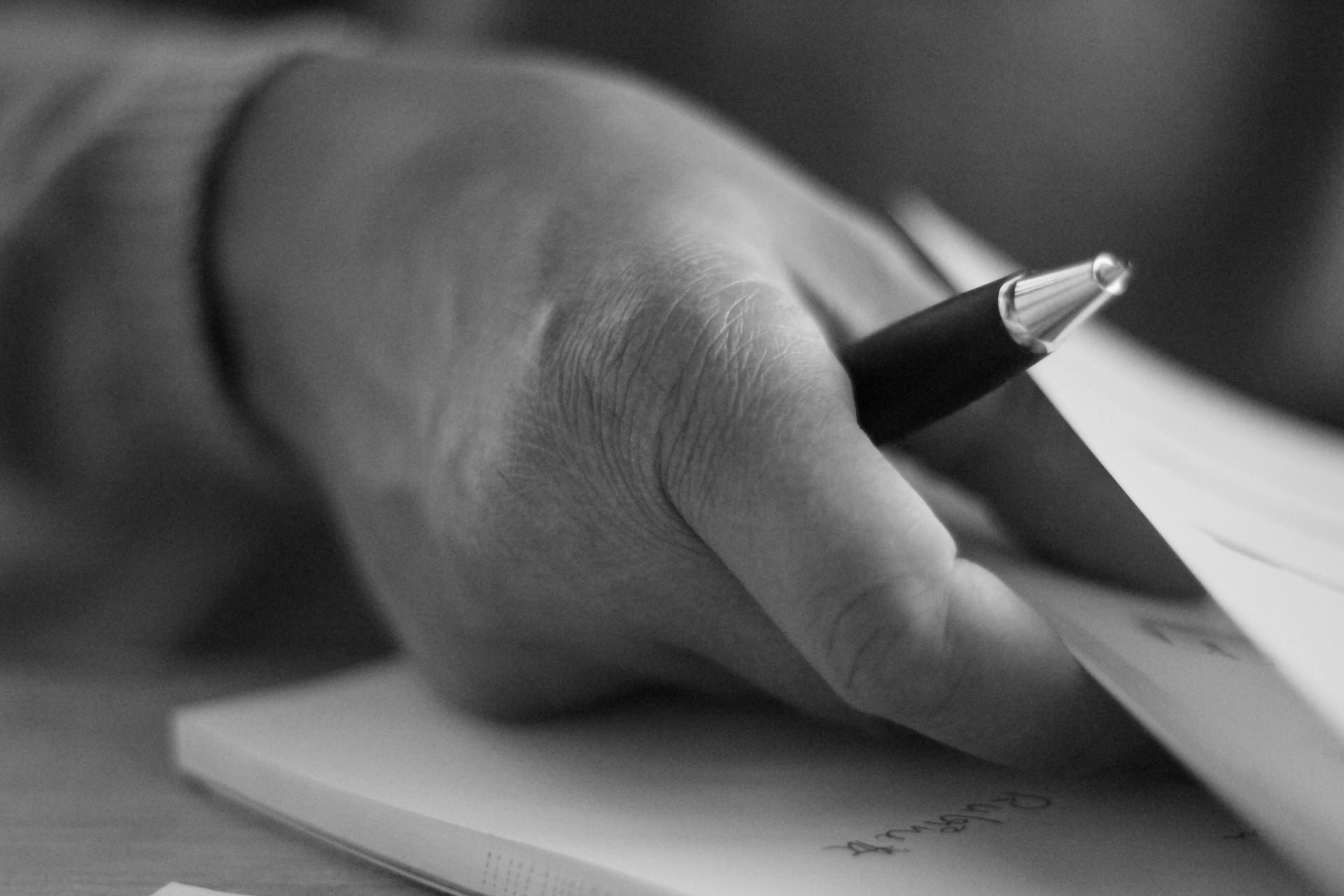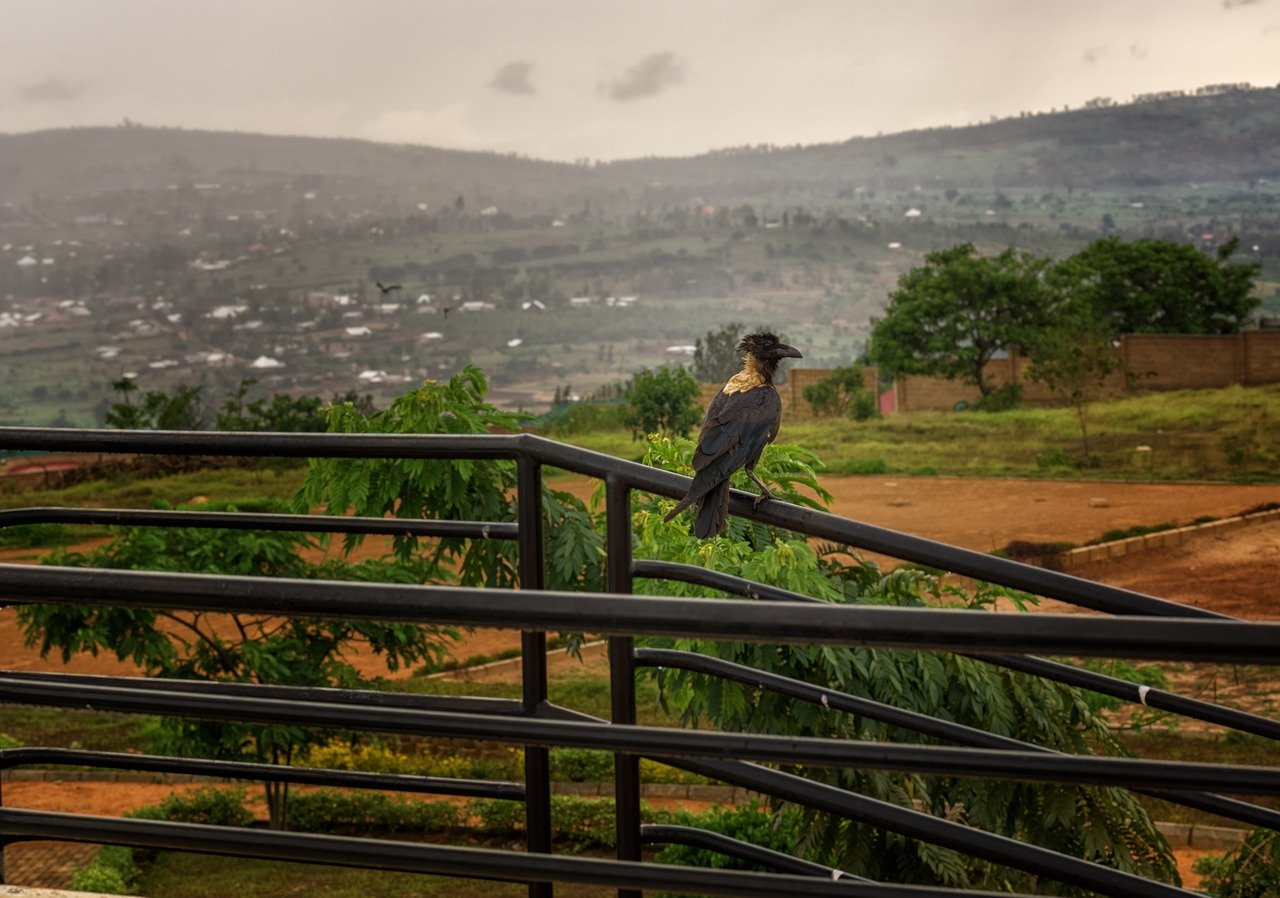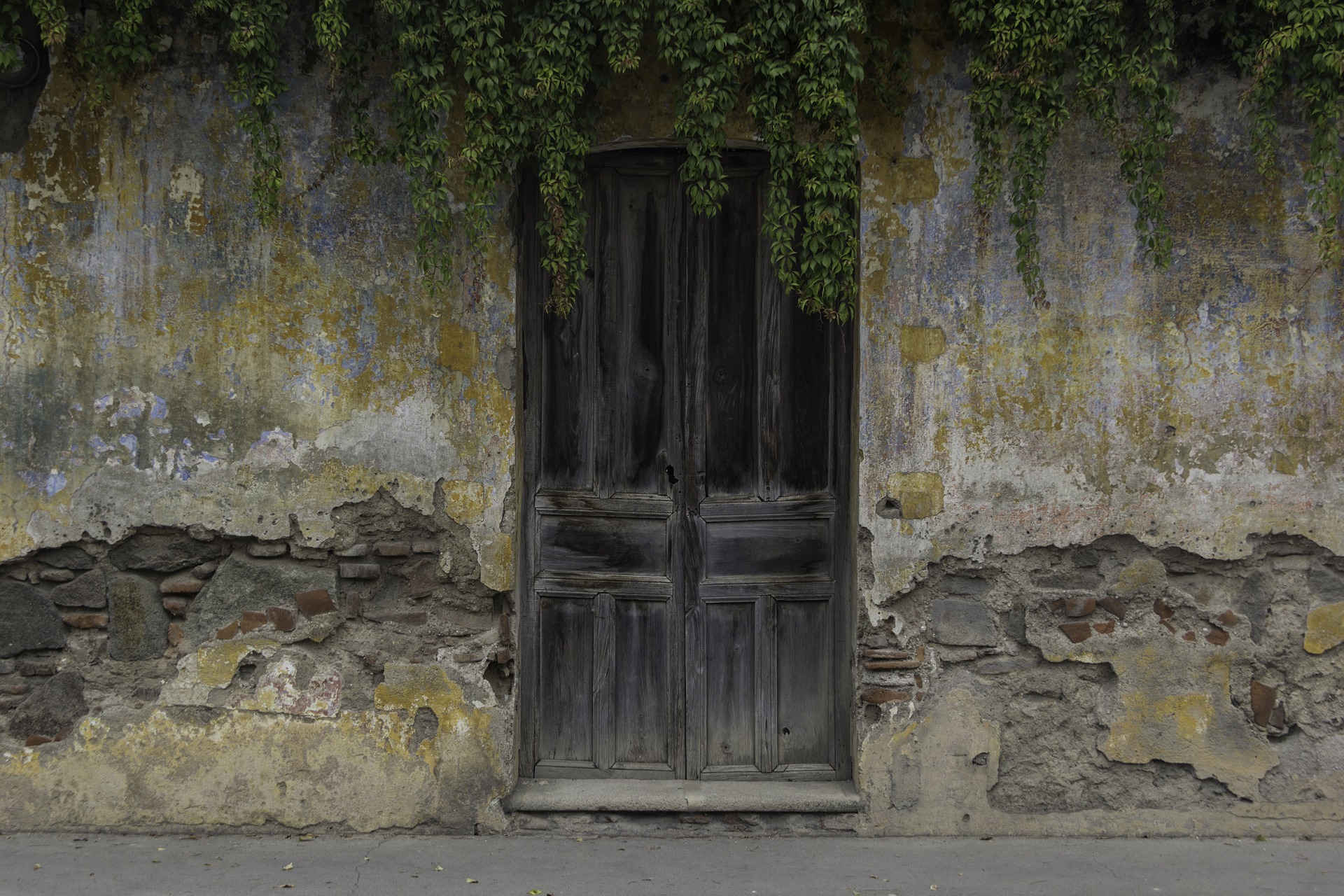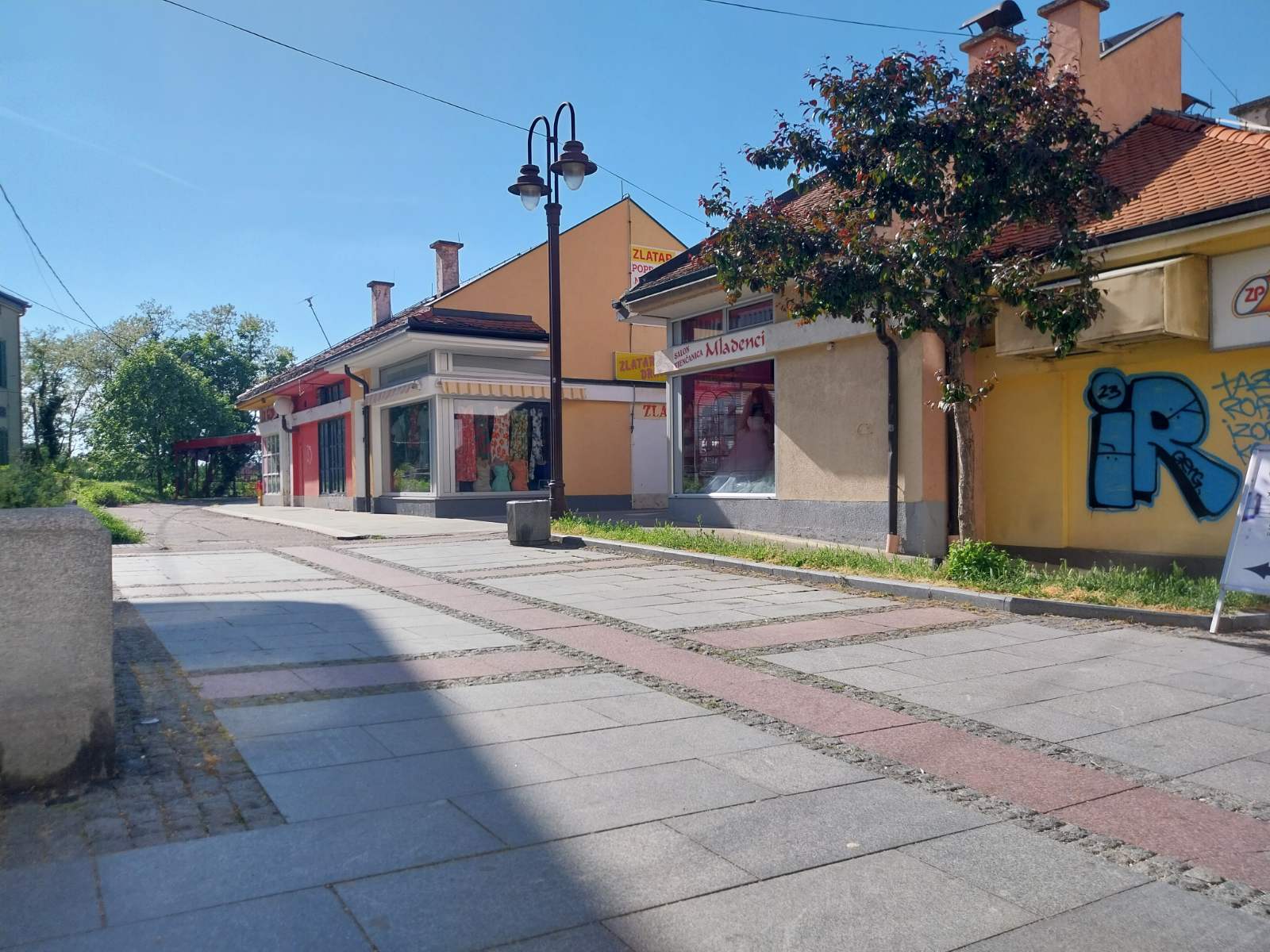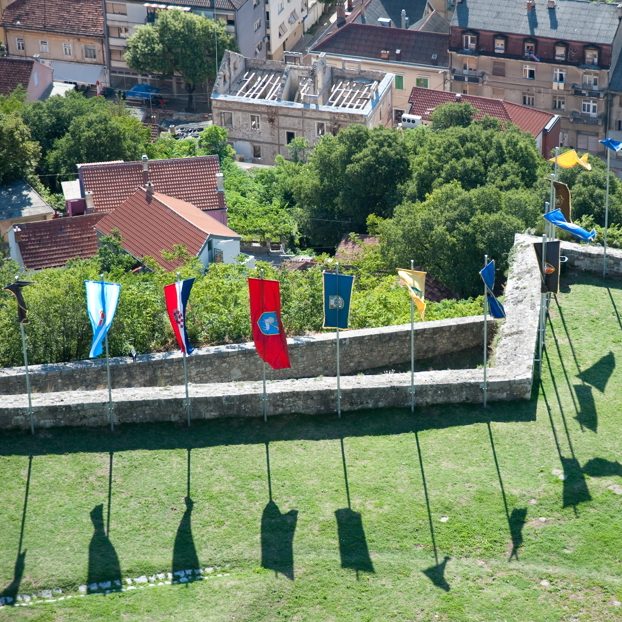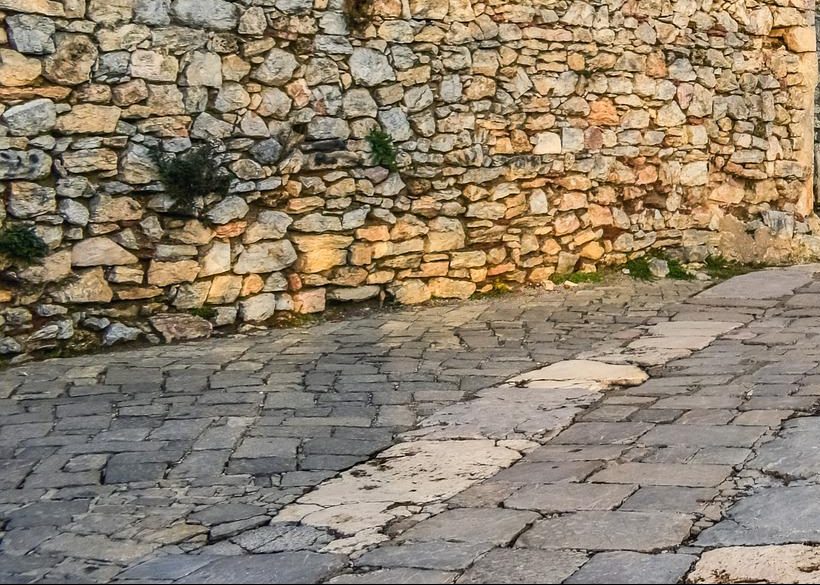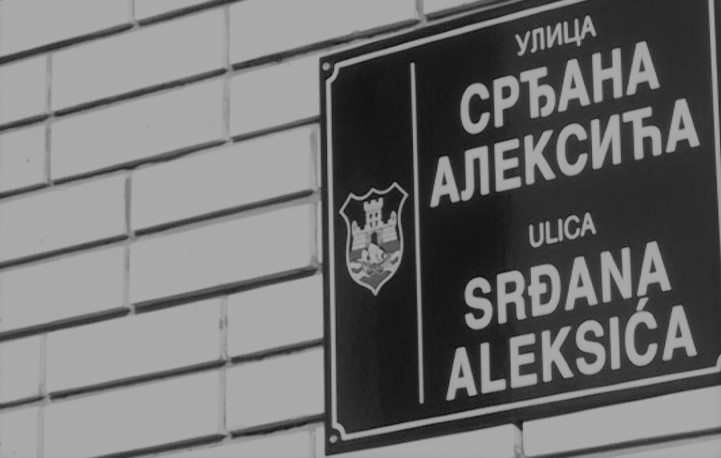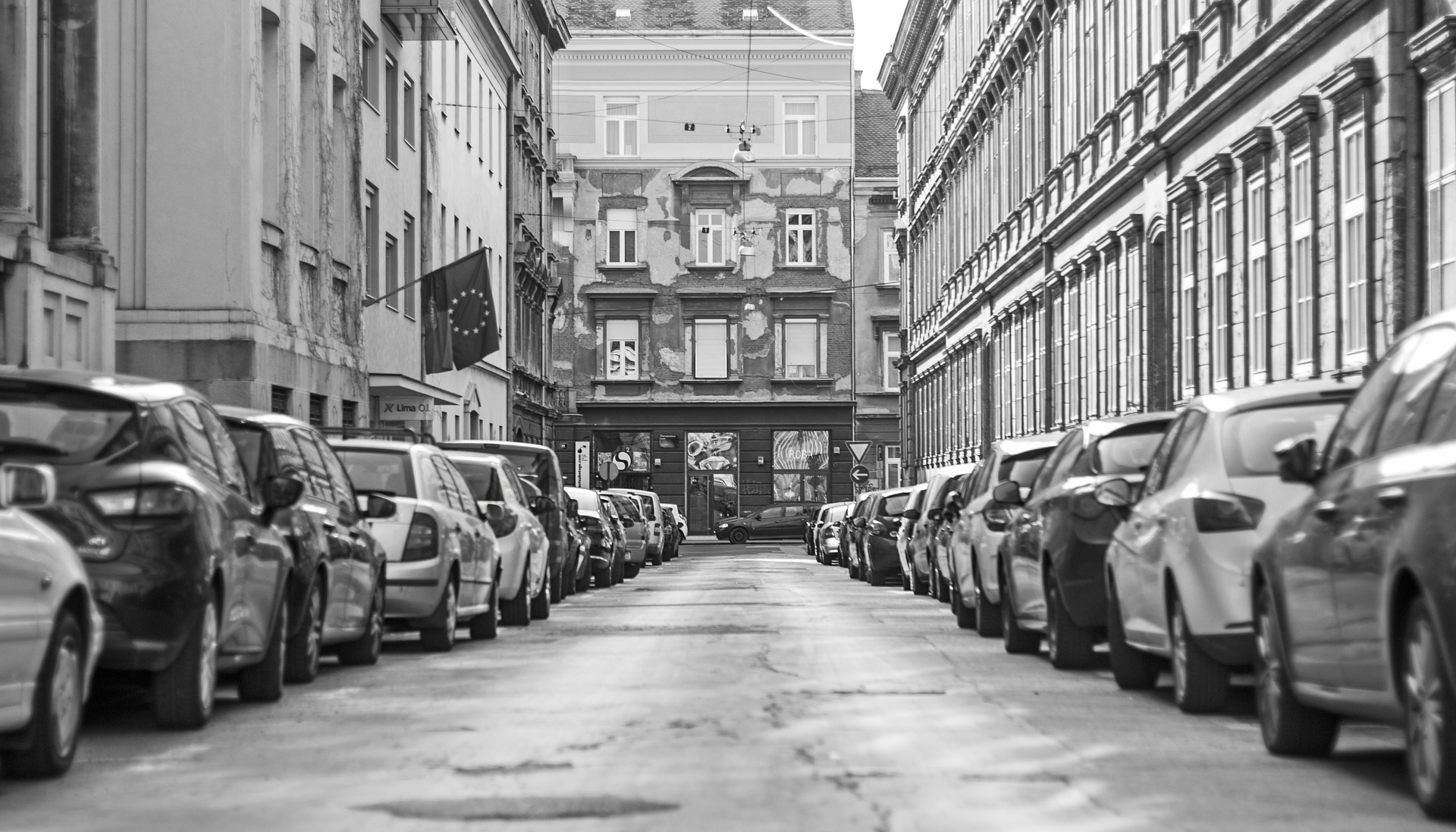In a decade since joining the EU and the acquittal of generals accused of war crimes, Croatia petrified its memory of the 1995 Operation Storm while offering symbolic concessions to the Serb community.
By: Sven Milekić
In August 1995, Croatia launched Operation Storm against Serb rebel forces,[i] taking back most of the territory occupied since 1991 and enabling the return of Croat refugees.[ii] As Storm de facto ended the war in Croatia, it has a central position in Croatia’s memory politics. At the same time, Storm and Serb leadership’s call for evacuation led over 150,000 Serbs to leave Croatia in fear of retribution. Additionally, Croatian forces and unknown individuals killed hundreds of mostly elderly Serb civilians who stood behind, accompanied by months-long massive looting and destruction of property. The extent of the crimes that the Croatian authorities did not prosecute satisfactorily and the obstruction of the return of Serb refugees changed the country’s ethnic composition, while poisoning inter-ethnic relations.[iii]
2013: Entering the EU and sweeping the stigma under the carpet
During the pre-accession process, dealing with the 1990s and prosecution of war crimes were in the focus of daily politics and media. By the time Croatia entered the EU in 2013, these issues did not matter anymore. In 2012 the Appeals Chamber of the International Criminal Tribunal for former Yugoslavia (ICTY) acquitted Croatian generals Ante Gotovina and Mladen Markač for crimes committed during and after Storm.[iv] Although the Tribunal established that the crimes were committed and called Croatia to prosecute them, Croatian media, political elites and veteran associations framed the generals’ acquittal as the final confirmation of Croatia’s innocence. This contributed to public jubilation across Croatia, welcoming generals as innocent heroes unjustly tried while downplaying committed crimes.
Croatian memory politics were now unbounded by constraints from the international community and the ICTY, seeing the verdict as the final symbolic victory over the counter-narratives of the 1990s war. At 2013 and 2014 Storm celebrations, Croatian officials and veterans stressed that generals and whole of Croatia were victims of an unfair trial and treatment.
2015: Storm anniversaries at the edge of extremism
The 2015 Storm celebration came just three months before the parliamentary elections, as the centre-left coalition was preparing to face the opposition Croatian Democratic Union (Hrvatska demokratska zajednica, HDZ). While the government opted to appeal to militaristic sentiments among the general population by throwing a military parade in Zagreb, HDZ and right-wing groups and actors took control over the central ceremony in Knin a day after. Ultimately, the Knin ceremony represented an amalgam of protocolary and folkish activities emanating right-wing extremist ideas and symbols: hate speech, anti-Serb chants and the proliferation of Ustaša insignia and symbolism.
Although slightly toned down, such right-wing radicalism would reoccur in the following years. These activities, spearheaded at the margins of the central ceremony by groups mentioned above, far-right politicians and paramilitary veterans,[v] served as nationalistic and populist disruptions of the main ceremony, which will continue into the 2020s. As Andrej Plenković became the Prime Minister and President of HDZ in 2016, the government de-radicalised the central ceremony, pushing radical veterans to the margins. With time, the police started arresting individuals using Ustaša symbolism and, in recent years, even preventing radical groups from reaching Knin.
2020: Croatia as the forgiving victor
Alienating from right-wing voters, Plenković new memory politics included pacifying veteran associations and certain concessions to radicals, aside from their partial marginalisation. This memory turn came out of a political coalition with the Independent Democratic Serb Party (Samostalna demokratska srpska stranka, SDSS). As HDZ’s majority in the Parliament depended on SDSS’ support, government officials changed their rhetoric in marking the Storm and wartime events in general.
This is why on the 25th anniversary of Operation Storm in 2020, the government emphasised the reconciliation of Croats and Serbs aside from the usual glorification of Croatian victory. At the ceremony in Knin,[vi] citing the speech by Franjo Tuđman, Plenković emphasised how a victor that does not know how to forgive “plants the seed of future conflicts”. Framing Croatia as the victor and victim of the “Greater-Serbian aggression”, Plenković stressed that Croatia needs to offer the hand of peace to Croatian Serbs. He claimed to have understood that Storm was traumatic for Serbs who associate it solely with their exodus from Croatia, which, according to the Prime Minister, should be attributed to Krajina and not Croatian leadership. Finally, he condemned the crimes committed by Croatian forces during and after Storm as “an ugly scar” on otherwise just and defensive Homeland War.
The government officially paid its respect to Storm victims, with Plenković and Vice-Prime Minister and War Veterans Minister Tomo Medved participating at commemorations for killed Serb civilians in the villages of Grubori and Varivode. In Varivode, Plenković condemned these crimes as individual acts that went against state policies, perpetuating the dominant notion according to which Croatia’s crimes were not planned but rather individual, sporadic and incidental.
The partial re-framing of Croatian Serbs served the same purpose as did the 30th anniversary of the beginning of the 1990s war in 2021: strengthening the political tie between HDZ and SDSS, distancing Plenković’s government from the far-right voters and party members and directing the blame for the war solely to Serbia. Although Croatian politicians seldom blame Croatian Serbs for the war, they would emphasise Serbia’s role as the real initiator of the conflict. This narrative was present at the 2023 Storm celebration in Knin where Plenković stated that Croatia would stand up against Serbia’s attempts to “criminalise” the operation and prosecute war crimes committed in Croatia.
Despite pushing extreme ethnonationalism to the margins and recognising Serb victimhood, official celebrations of Operation Storm changed only cosmetically in a decade. With no imperative to comply with any external pressure for dealing with the past and acquittal of generals, Croatia has fully grounded its nationalistic commemorative practices. Even the mentioning of Serb victims strengthens Croatian nationalism, as officials represented these crimes stripped of context and as transgressions of an otherwise exemplary operation. Therefore, Croatia’s limited turn in memory politics created another vessel for transporting nationalistic interpretations of the 1990s war through political cooperation between HDZ and SDSS.
[i] For more on the Serb rebellion (1990-95) and their non-recognised statelet, the Republic of Serbian Krajina (Republika Srpska Krajina), see: Nikica Barić, Srpska pobuna u Hrvatskoj (Zagreb: Golden Marketing, 2005); Pål Kolstø and Davor Paukovic, “The short and brutish life of Republika Srpska Krajina: failure of a de facto state” in Ethnopolitics, vol. 13, no. 4 (2014), pp. 309-327.
[ii] For more on Operation Storm, see: Barić, Srpska pobuna, pp. 533–567.
[iii] For more on how Storm affects Serb-Croat relations, see: Vjeran Pavlaković, “From conflict to commemoration: Serb-Croat relations and the anniversaries of Operation Storm” in Serbo-Croat relations: Political cooperation and national minorities, (2009), pp. 73-82.
[iv] For more on controversies of the Gotovina et al verdict, see: Janine Natalya Clark, ‘Courting controversy: The ICTY’s acquittal of Croatian generals Gotovina and Markač’ in Journal of International Criminal Justice, vol. 11, no. 2 (2013), pp. 399-423.
[v] In June 1991, far-right Croatian Party of Rights (Hrvatska stranka prava, HSP) founded a paramilitary unit Croatian Defence Forces (Hrvatske obrambene snage, HOS) to confront Serb paramilitaries and Yugoslav People’s Army (Jugoslavenska narodna armija, JNA). Like HSP, HOS also used Ustaša insignias and symbolism. For more on HOS, see: Velimir Veselinović, Hrvatska stranka prava od 1990. do 2011.: Na izvoru desnog radikalizma i populizma (Zagreb: Despot infinitus, 2019), pp. 116-146; Sven Milekić, “Croatia’s 1990s paramilitaries: from government critics to collaborators”, Balkan Insight, 6 May 2020, https://balkaninsight.com/2020/05/06/croatians-1990s-paramilitaries-from-government-critics-to-collaborators/.
[vi] For more on the 2020 celebration of Storm, see: Sven Milekić, “Obilježavanje ‘Oluje’ u Hrvatskoj 2020. Godine”, in Jelena Đureinović (ed.), Pomirenje i zvanične politike sećanja: obeležavanje pobede i komemoracija žrtava vojno-policijske akcije „Oluja“ u Hrvatskoj i Srbiji (Beograd: REKOM mreža pomirenja, 2020), pp. 5-8.
